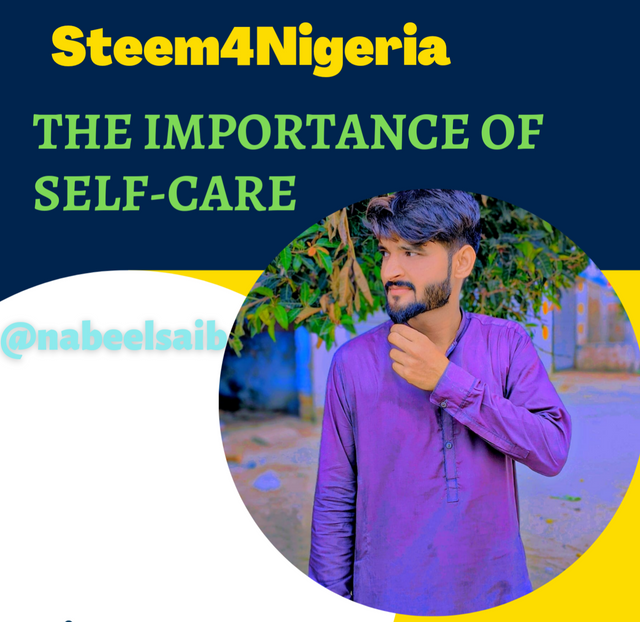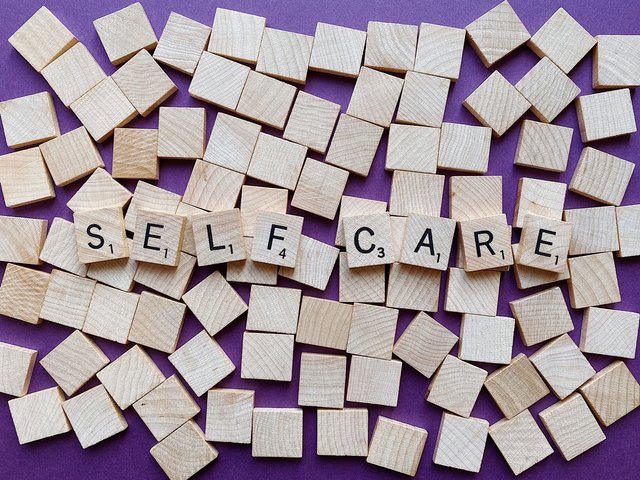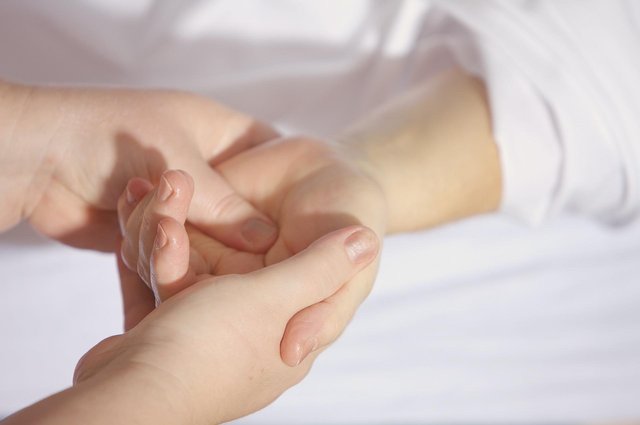Greetings Everyone

We can all help our loved ones and community members get through the crisis. But as we take steps to support others, it's also important to take the time to support and care for ourselves. This article shares tips and resources to help you practice self-care.
The Importance of Self-Care
When you support and help someone in need, it is especially important to take care of yourself as well. Practicing self-care doesn't mean you have to prioritize yourself over your loved one. It means you can easily monitor your own needs, so you can better support the people you care for. When you take care of yourself and don't stress, you can better meet the needs of others.
Self-care comes in many forms. It does not require a detailed plan; Self-care can be as simple as taking a deep breath when you feel overwhelmed. By maintaining your physical and mental health, you are likely to be better equipped to handle the stress of supporting a loved one.
 Pixabay
Pixabay
Signs of Stress
Check out this list and see for yourself. It is important and healthy to know your limits.
| No | Signs of Stress |
|---|---|
| 01 | Anxious or full of worry? |
| 02 | Unable to concentrate? |
| 03 | Achy or sick more than usual? |
| 04 | Sad or generally unhappy? |
| 05 | Overwhelmed and constantly worried? |
| 06 | Irritable or short tempered? |
| 07 | Tired often? |
| 08 | Lonely or alone? |
All of these can be signs and symptoms of anxiety. If you think that excessive stress is taking a toll on your life, there is something you can do about it.
Make time for yourself
When you're caring for someone who may be suicidal, it can be hard to find time to take care of yourself. However, to be a productive caregiver, it's important to have some "me time." Write a list of activities that make you happy to refer to when you need time for yourself. These activities do not have to be elaborate or require much planning. It can be something as simple as walking in the park, listening to music, or writing in your journal. Anything that makes you feel good is worth putting a little time into your day.
Different Types of Self-Care
Self-care isn't just about finding ways to relax. To take care of your health and well-being, it is important to find a balance that allows you to address each of these areas. Sometimes you may need some extra self-care in a particular area to restore balance or relieve stress in your life.
| Types | Self-Care |
|---|---|
| 01 | Physical Self-Care |
| 02 | Social Self-Care |
| 03 | Mental Self-Care |
| 04 | Spiritual Self-Care |
| 05 | Emotional Self-Care |
Physical Self-Care
You need take care of your body and want it to function efficiently. Keep in mind that there a strong connections betweens your body and your mind. When you take care of your body you will also think and feel better.
Physical self-care includes how you feed your body, how much you sleep, how much physical activity you get, and how well you take care of your physical needs. Keeping your health care appointments, taking your medications as prescribed, and managing your health are all part of good physical self-care.
Social Self-Care
Community is the key to self-care. But it's often hard to make time for friends, and it's easy to neglect relationships when life is busy.
Close relationships are important to your well-being. The best way to develop and maintain close relationships is to invest time and energy in building relationships with other people.
There are no set hours that you have to spend with your friends or work on your relationships. Everyone has different social needs. The key is knowing what your social needs are and building enough time into your schedule to create a good social life.
Mental Self-Care
The way you think and the things you fill your mind with have a huge impact on your psychological well-being.
Mental self-care includes doing things that keep your mind busy, like solving puzzles or studying a subject that interests you. You may find that reading books or watching movies inspires you to fill your mind.
Practicing kindness and acceptance, for example, helps you maintain a healthy self-talk.
Spiritual Self-Care
Research shows that lifestyles that include religion or spirituality are generally healthier lifestyles.
However, developing your spirituality does not have to involve religion. It can involve anything that helps you develop a deeper sense of meaning, understanding, or connection to the universe.
Whether you enjoy meditating, attending a religious service, or praying, spiritual care is important.
Emotional Self-Care
It is important to have healthy coping skills to deal with negative emotions, such as anger, anxiety, and sadness. Emotional self-care can include activities that help you safely and consistently acknowledge and express your feelings.
Whether you're talking to your partner or a close friend about how you're feeling, or setting aside time for leisure activities that help you process your emotions, it's important to incorporate self-care into your life.
Conclusion
Self care is important. The more positive, calm, and peaceful we can be in our minds, the better we can handle our other responsibilities, no matter how difficult they may be.
Written
Cc
@ngoenyi
@steem4nigeria
@ubongudofot
@freduantum
@simonnwigwe





Curated By - @simonnwigwe
Curation Team - The Efficient Seven
Downvoting a post can decrease pending rewards and make it less visible. Common reasons:
Submit